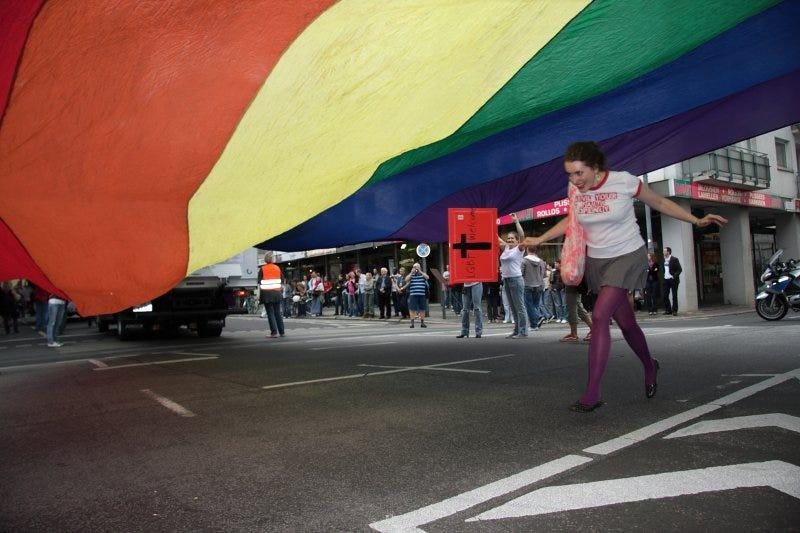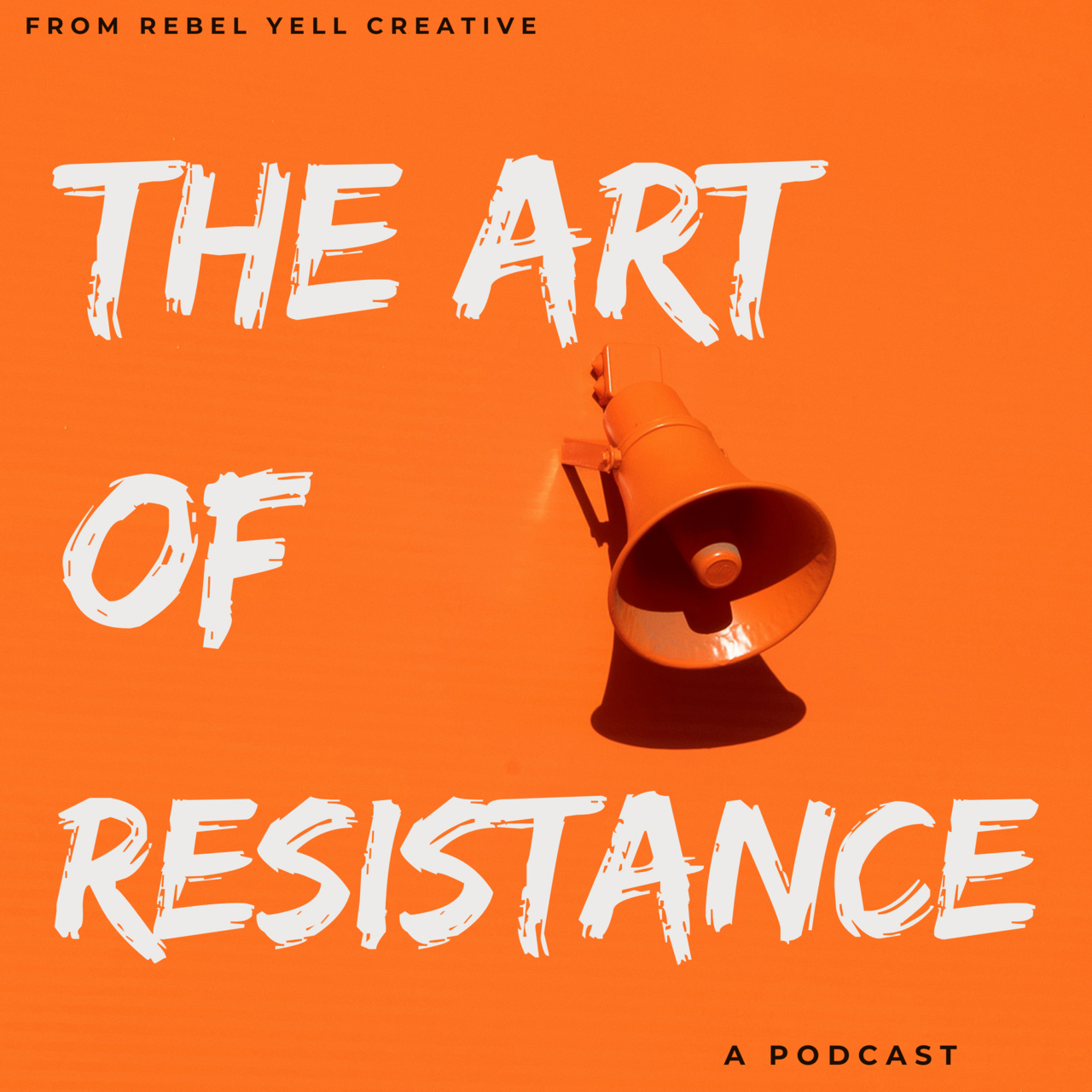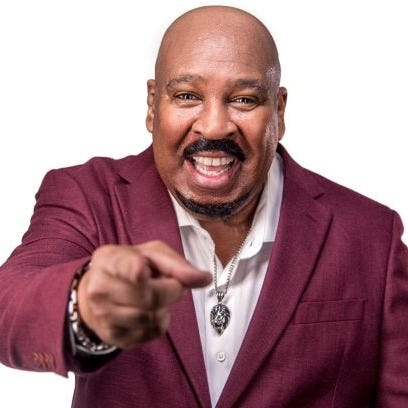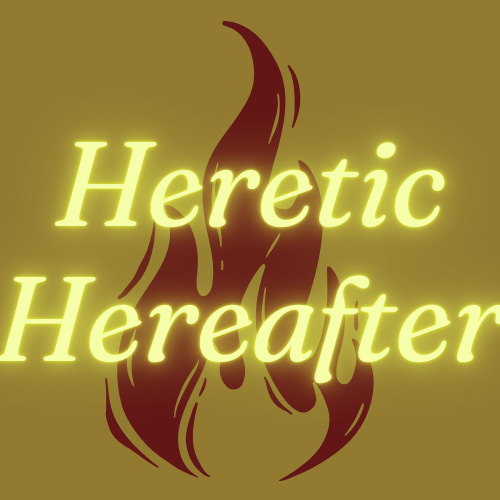Is Pride the Antidote to Shame?
Confessions of a Bisexual Exvangelical
Qstack | The LGBTQIA+ Community, Directory, and Platform of Substack creators and their readers highlights the diverse creative talent of queer writers on this exhilarating, maddening, ridiculous platform.
All content will always be free, but it takes an enormous amount of time and attention to produce.
If you are new here, please subscribe. And if you have been enjoying the content of Qstack for a while, please support my work with a paid subscription.
Thank you! ~ MTF 💜🎩🐈⬛
🚨News & Announcements
There’s a new podcast in town from
! More Resistance, yes please!And a new Substack centered on Intimate Partner Violence and Abuse (IPV/A) from
’s Wyatt O’Brian Evans, an author and a gentleman. Welcome!📚 Got a couple of queer book related links for you
LGBTQ Reads - A fantastic newsletter and blog with a remarkable array of posts, lists, information and resources all related to queer books being published. If you’re a reader, you’ll love it.
Queer Liberation Library - More resources, links, and most interestingly, an actual online library where you can check out digital copies of books.
Got a big announcement, an article or event, a special offer, a new book published? MESSAGE me
I did not grow up in a religious household, though my parents were firmly Republican, so I never received any of the fire and brimstone warnings about queer people that so many others have suffered through. Growing up gay in California and overseas, Bible-thumping was conspicuously absent, and until recently I considered myself atheist, only slightly now amended to a pantheist. But despite not having religion in my life, I’ve always believed there is a shared unity in our wish to seek the divine, and can empathize with anyone who has struggled with their faith and sexuality when it conflicts with the religion they were born into.
In preparation for Bi Visibility Day this coming Tuesday, September 23rd, we offer Katherine Strange’s frank discussion of a journey from evangelical youth to open bisexual pride as she continues to investigate the intersections of her identity.
Enjoy! ~ MTF

Coming Out Still Matters, Even for Secret Bisexuals
by
When my high school crush told me he was gay in the summer of 2002, I was devastated. Beyond my very obvious self-interest in wanting to make out with him, I worried about him falling victim to the “gay lifestyle” I’d heard about on Christian radio, which, as we all knew, was a one-way ticket to a life of risky sex, depression, drug use, and AIDS.
When none of that came to pass, and when, one by one, almost all of my high school friends came out as gay, lesbian, or bi (we were theater kids, after all) I started to think that maybe James Dobson hadn’t been entirely honest with me. But it would take another two decades to realize just how much I had internalized the church’s anti-queer shame.
Ever since those friends came out, I’ve considered myself an LGBT ally. In college, I argued with my theology professors about the validity of gay marriage. When my youngest brother confided that he was gay, I scoured Amazon for books on being gay AND Christian and bought every single one I could find—all two of them. It was 2004, the year both Republican and Democratic presidential candidates went on the record against legalizing same-sex marriage. It would take another eight years before Obama came out in favor of gay marriage, eleven until Obergefell v. Hodges made it legal across America.
In my early twenties, I became obsessed with advocating for LGBT inclusion in the church. I joined advocacy groups and marched in “Christopher Street Day” (the European version of Pride.) I learned about LGBT Christians who were pushing back against the church’s exclusion and researched arguments against the Bible’s so-called “clobber verses.” But I could not admit my own self-interest in this topic. I was just an empathetic person. I liked boys! I even married one! End of story.
Sure, there were some bumps in my narrative: the weird feelings I had toward a girl in my high school sewing class. My extreme defensiveness when a lesbian friend teased me by calling me “church dyke.” If I thought women’s bodies were beautiful, well, didn’t the whole world of fine art agree?
After growing up in purity culture, I had a lot of baggage around experiencing sexual attraction at all, let alone attraction to both genders. After being numb for such a long time, reconnecting with myself took time and practice. In the end, the final straw was a jokey listicle. It was full of Jeff Foxworthy-esque tidbits like “if you’re always saying things like ‘everyone is a little bisexual,’ no, it’s probably just you.”
Alone in my room, I tried saying it out loud, “I am bisexual.” It felt true.
What kept me in the dark about my sexuality is both particular to being bi and common to the LGBT experience: I was ashamed and scared of owning this aspect of my identity; since I was also attracted to men, it was easier to hide. I’d long maintained that I was an ally because I feared my queer friends would lose their spirituality. Really, I was worried about that happening to me.
I’ve long debated whether coming out publicly really matters, at least in my case. Part of me feels like Toad in that hilarious SNL sketch about this a Mario Kart prestige dystopian drama, (“Name’s Toad. Also I’m bisexual.”) Like, is this necessary information at this point? When I came out, relatives and friends assumed I must be getting divorced. Otherwise, why would I even bring it up?
The reason, I think, is that pride is the opposite of shame. Declaring our orientation, owning it, is a way of reclaiming. When religious leaders have declared “homosexual urges” a shameful secret, early gay activists countered with pride and slogans like “gay is good.”
Pride is about standing up for ourselves and for each other. And this solidarity has worked—just look at how much has changed since 2004. Apart from the legal successes, we now have organizations like Church Clarity which explicitly spell out the degrees to which various churches include or exclude LGBT members. It’s become more common for churches to march in Pride and many major denominations support full LGBT inclusion.
But for all this progress, there are new waves of anti-trans laws, draconian book bans, and stores like Target pulling Pride merchandise. Politically and culturally, we still need solidarity because there is still work to be done. Spiritually, pride means honoring our authentic selves.
In 2013, still in denial about being bi, I unsuccessfully pitched an article to The Presbyterian Record, the official magazine of the Presbyterian Church in Canada, where I interviewed four gay men about their experiences in that denomination, which ranged from expulsion and conversion therapy to warm welcomes. Re-reading this article now is a bit cringe, but this paragraph was a pleasant surprise:
“Jesus came to tear down the barriers between ethnic groups, class, race, and gender; between the so-called ‘righteous’ and the unrighteous. As Ephesians 2:12-13 says ‘You lived in this world without God and without hope. But now you have been united with Christ Jesus. Once you were far away from God, but now you have been brought near to him through the blood of Christ.’”
While the me of today is far less certain about Jesus or the Bible, I still hold that any deity worth worshipping would be someone who tears down barriers; a god of longer tables, not higher fences.
Too often we’ve been taught to think of community as blending in, a sanding down of rough edges. But true belonging means finding acceptance as our whole selves. Coming out matters because it gives us the opportunity to be truly known by those we love. It matters as a strike against oppression and as an act of solidarity with our more visible LGBT siblings. In times of uncertainty, coming out matters more than ever.










This was great! It reminded me of someone I recently met. I was at a conference for writers and this Author was signing books. She is married to a man but proudly confessed to me a complete stranger that she was BI, I was amazed, impressed and taken back. WOW some people are more than ally's they are queer people living in a straight world. Luckily it is who you fall in love with not what gender. I'll stick to that till my dying day! thanks!
Katharine, thanks for making such a good point I hadn't ever considered. If one is bi and solidly ensconced in their life why would it matter if they came out? I love your comment that it would allow us to be fully seen by those we love. Yes. But, perhaps most importantly it would allow us to be fully seen by ourselves. I appreciate you making me look inside a little deeper.
Thanks Troy for another excellent newsletter💕